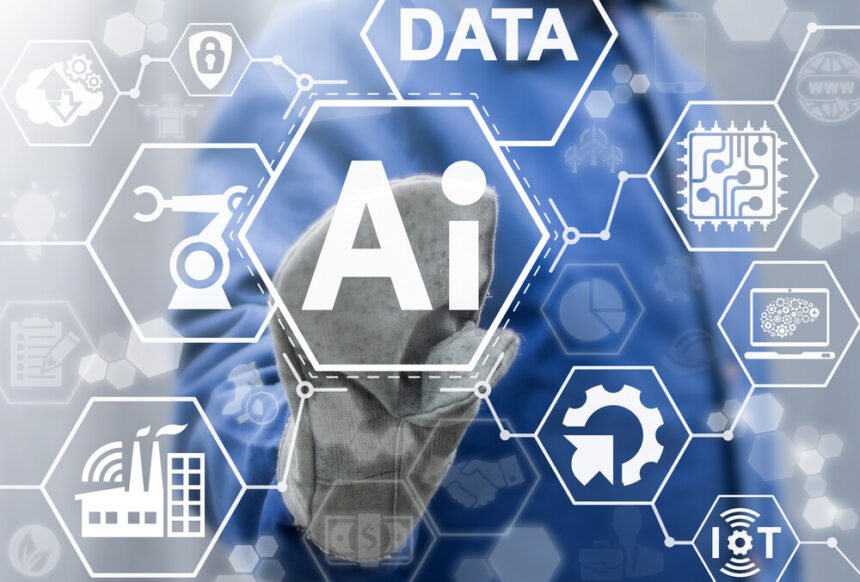It’s no secret that Big Data and artificial intelligence are taking over a lot of industries, whether it is corporate banking, retail or travel and hospitality. It’s a topic that either terrifies companies who feel unprepared for this innovation or excited by its incredible possibilities.
Yet, with every opportunity comes certain risks. With Big Data, there are numerous aspects to consider, and companies looking to implement Big Data need to be aware of possible challenges. Here, we’ll discuss them in detail.
What to Consider When Dealing with Big Data and AI?
Big Data and the AI it enables will not only change the way business is conducted, but also the entire organizational structure as we know it. Here are some of the most important aspects companies need to keep in mind.
Watch the Legislation Closely
At the moment, few politicians have any strong opinions on how AI and Big Data will change businesses, or came up with any policies regulating this area, so it is unlikely they will suggest solutions to arising challenges any time soon. Instead, many of the best-known futuristic theories come from individuals such as Mark Zuckerberg and Elon Musk – though both have different opinions on the topic.
One of the biggest challenges now is the threat of replacing human workforce with automation. Some experts, such as Jeremy Auger, Chief Strategy Officer at D2L, have raised the possibility of retraining affected individuals in IT, but then another question pops up – whose responsibility is this retraining? Anyway, companies should consider how they may need to lay off workers in the most respectable way. There may be no other choice once full-scale AI-supported automation is here. Or better yet, they could retrain them to do their jobs more effectively with AI. However, the latter option would still require a lot of retraining.
Start Investing Now
Big Data and AI are the future, and if companies do not invest in it now, they will find themselves in a very awkward position.
Happily, you don’t need to fully understand AI to reap its rewards. To make their transition easier into an AI-based technology, a number of industry-leading AI developers have released AI toolkits that can be applied for a variety of purposes. This helps to bridge the gap in specialized knowledge that can be a big problem for some businesses. While some of their more technical employees may have a basic understanding of how AI works, they are less likely to be able to create applications on their own. With such toolkits, they can take advantage of AI benefits much quicker than when learning everything from scratch. Some of the biggest names have already invested in providing such toolkits, such as Facebook and Amazon, with Google’s TensorFlow gaining much traction now.
Apart from that, companies working in web development have already contributed with a large number of AI-based plugins for websites, particularly those hosted by WordPress. Chatbots are a well-known example of such ready-made tools. On top of that, some companies also provide prepackaged AI-integrated products for certain industries covering a number of uses.
However, if you plan to invest in any of these toolkits, bear in mind that they may only be a short-term solution. Additionally, you will still require basic knowledge of the AI terms to operate them.
Take on Consulting Services
By collaborating with experts in Big Data strategy consulting, you can ensure your business survives the AI invasion. Companies such as Itransition are able to provide such services to help their clients take full advantage of Big Data. When looking for a vendor, though, it is crucial to check if their expertise is relevant for you, for example, by browsing their case studies and testimonials.
Have a Long-term Plan in Place
Before taking a leap into AI and Big Data, companies need to develop a viable strategy, first for transition to these new technologies, then for maintaining them in the corporate ecosystem. They also need to identify which AI aspects are most relevant for them, as AI can be broken down into numerous areas of expertise. For example, machine learning is only one of many areas within AI, so picking up applicable technologies is important for staying on the right track.
Conclusion
Big Data and AI are powerful innovations that are taking over regardless of some opposition they may face currently. To ensure your business doesn’t get swiped away with this technological disruption, you have to outline your strategic vision and support it with a better understanding of the technologies in question. If you don’t feel like starting this journey alone, consulting services are the best way to make that transition safely as specialized consultants can guide you through the adoption process.
If AI strategy consulting is too much to handle at this point in time, you can make use of temporary alternatives. These are AI toolkits and other ready-made software packages that can show you what AI is capable of in an easy and comprehensive way.







